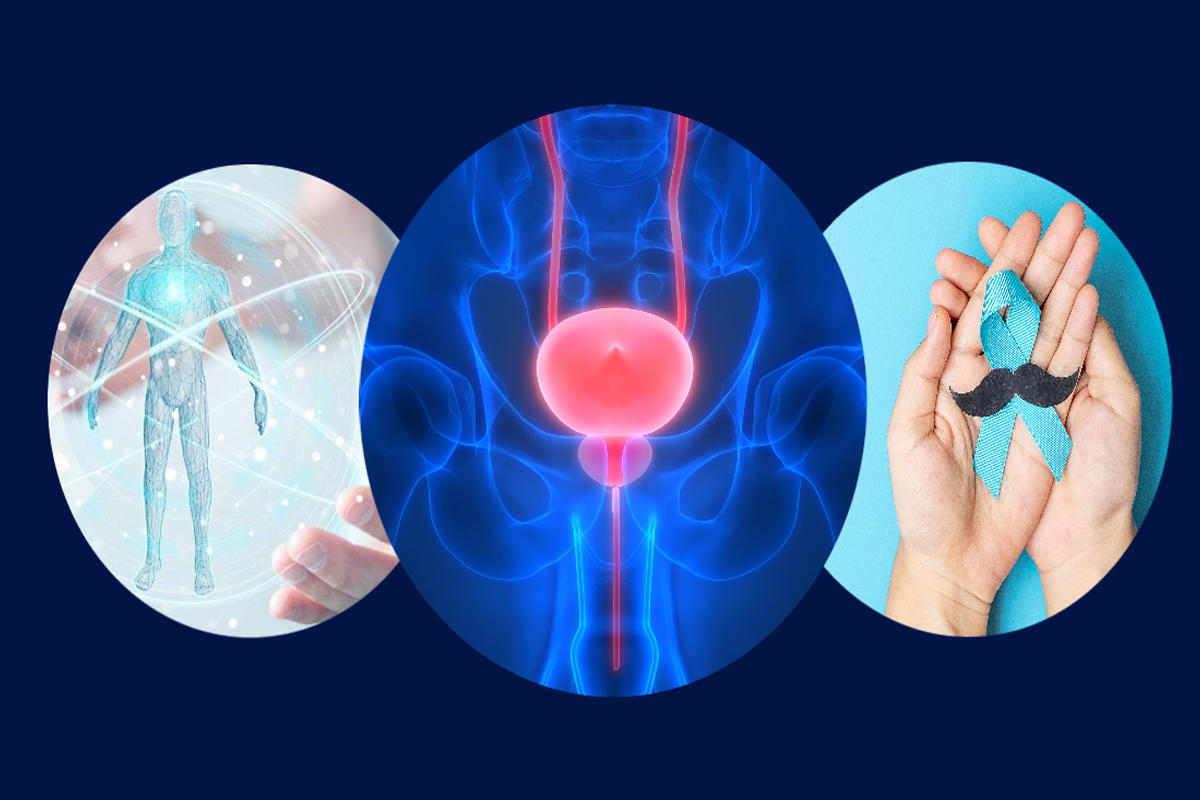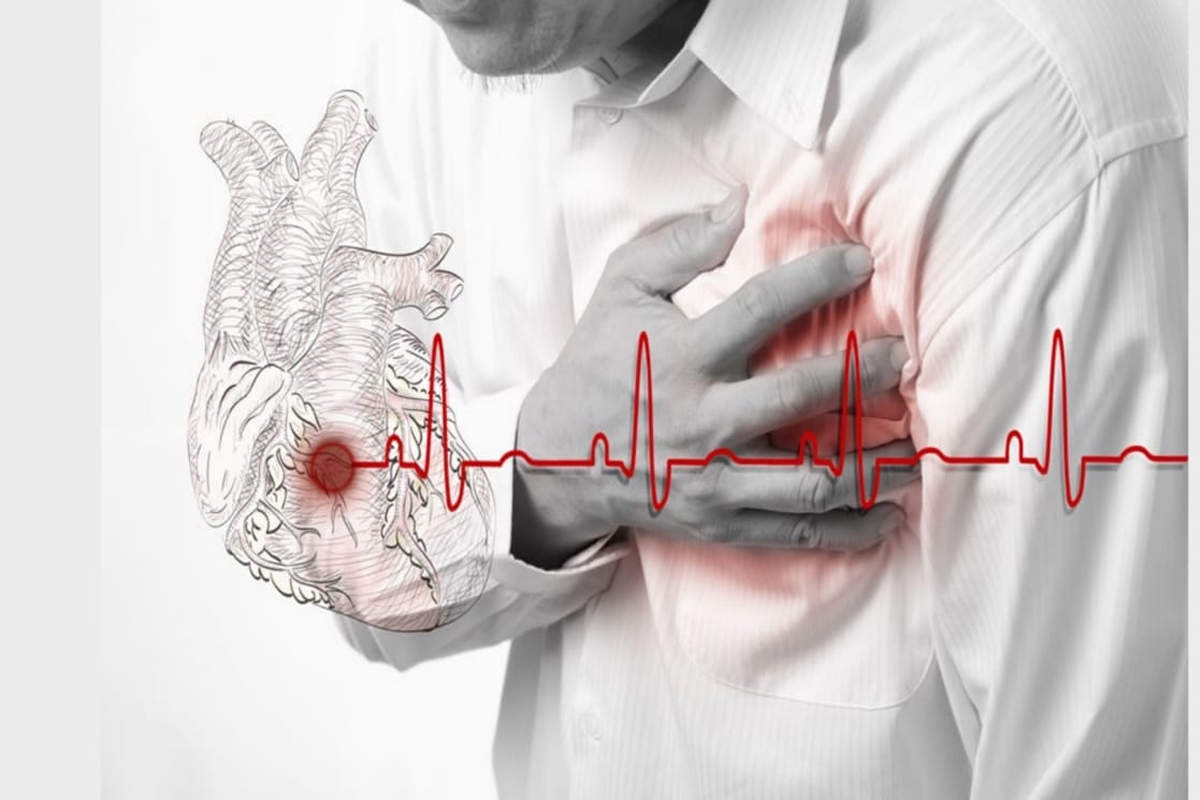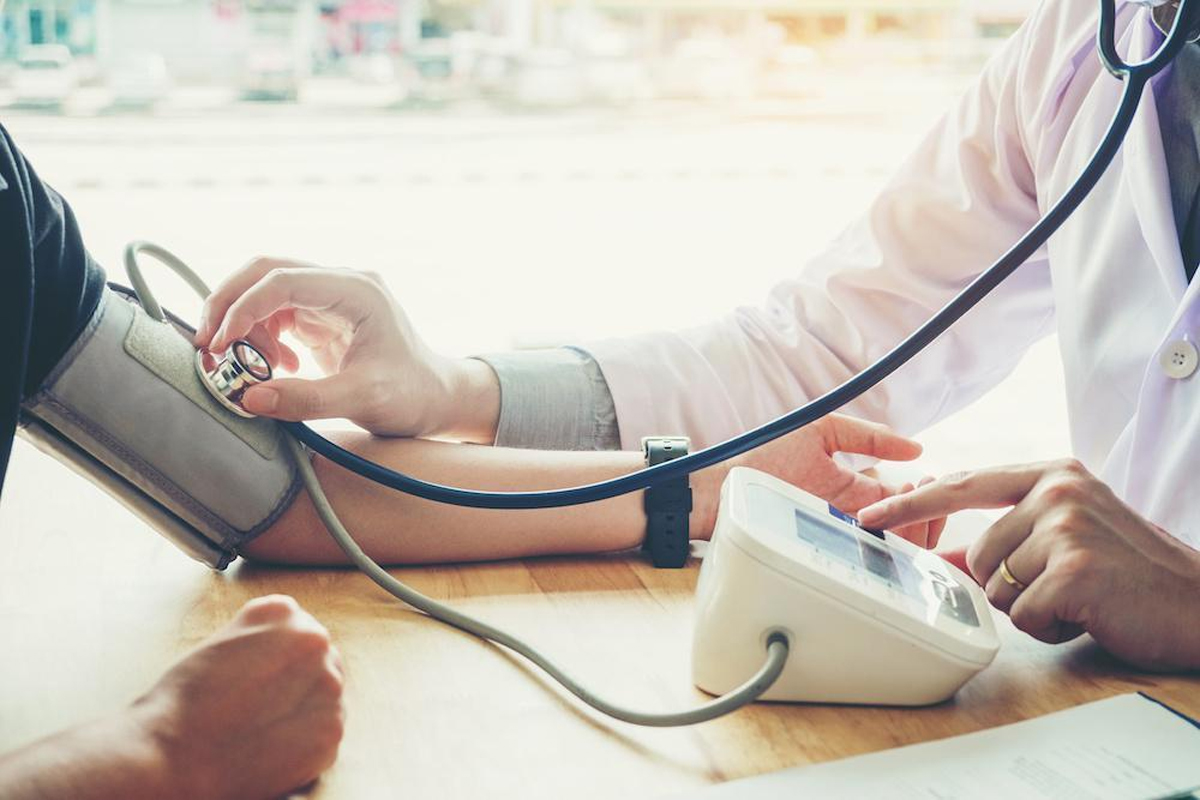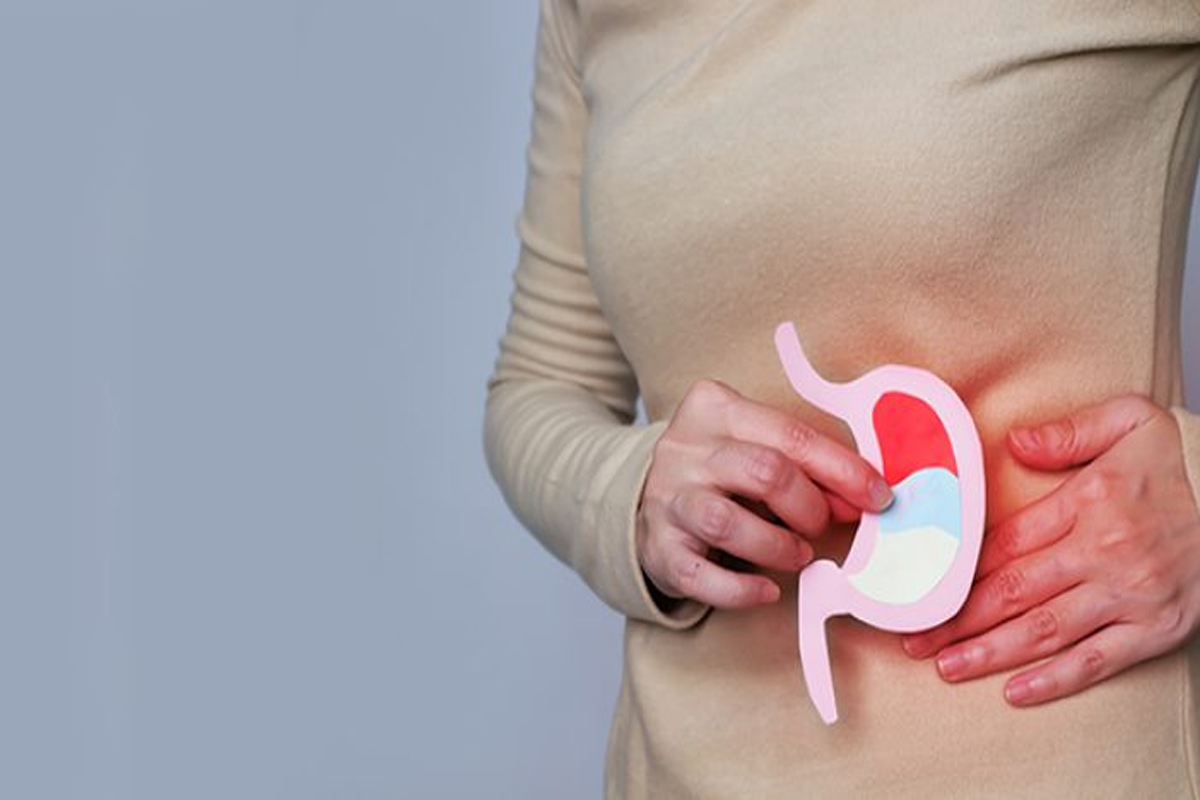
How Prostate Cancer Affects Men’s Health
By Dr. Gaurav Gupta in Urology
Nov 23, 2024
Prostate cancer is one of the most common cancers among men, particularly affecting those over the age of 50. It originates in the prostate, a small walnut-sized gland responsible for producing seminal fluid. While prostate cancer is often slow-growing and may not show symptoms initially, its impact on a man’s overall health can be profound. Understanding how prostate cancer affects men’s health involves examining the physical, emotional, and psychological consequences, along with treatment-related side effects.
Physical Impact
One of the most immediate physical impacts of prostate cancer is the potential for urinary problems. The prostate encircles the urethra, the tube that carries urine out of the body. As the tumor grows, it can obstruct the urethra, leading to frequent urination, painful urination, or difficulty emptying the bladder. This can severely affect a man’s daily life, causing discomfort and disrupting sleep due to the need for frequent bathroom trips at night.
In addition to urinary issues, prostate cancer treatments—such as surgery, radiation, and hormone therapy—can cause a range of physical side effects. Surgery to remove the prostate gland (prostatectomy) may lead to erectile dysfunction (ED) and incontinence, both of which significantly impact quality of life. Erectile dysfunction occurs when the nerves responsible for erections are damaged during surgery, while incontinence arises due to weakened pelvic muscles. These side effects often require long-term management, which can be challenging for men already coping with cancer.
Hormone therapy, which reduces testosterone to slow the growth of cancer cells, can also cause significant physical changes. Low testosterone levels can lead to fatigue, muscle loss, hot flashes, and a decrease in sexual desire. These symptoms can affect not only physical health but also a man’s sense of masculinity and identity.
Emotional and Psychological Effects
The diagnosis of prostate cancer can have a significant emotional and psychological impact. Men diagnosed with prostate cancer may experience anxiety, depression, and feelings of helplessness, particularly if the diagnosis is aggressive or has spread beyond the prostate. The fear of mortality, especially in men diagnosed at a later age or with more advanced stages, can lead to significant emotional distress.
In addition to the fear of death, treatment-related side effects, such as sexual dysfunction and incontinence, can further exacerbate emotional well-being. These side effects can lead to a reduced sense of self-esteem and body image issues, contributing to feelings of isolation and frustration. It’s common for men to feel reluctant to discuss these issues openly, especially in cultures where masculinity is closely tied to physical virility. As a result, untreated emotional distress may lead to depression and a decline in overall mental health.
Social and Relationship Impact
The impact of prostate cancer on men’s relationships can be profound. Couples often face communication challenges, particularly regarding intimacy and sexual health. Erectile dysfunction, incontinence, and the emotional burden of cancer treatment can put a strain on relationships, leading to stress and misunderstandings between partners. For some men, the loss of sexual function can feel like a loss of their identity and role in their relationships.
The support of family & friends becomes crucial during this time. However, men may feel reluctant to discuss their cancer diagnosis or treatment effects with their loved ones, further isolating themselves. Open and honest communication with loved ones and healthcare providers is key to maintaining emotional well-being and social support.
Long-Term Effects
Prostate cancer’s effects on men’s health are not limited to the immediate aftermath of diagnosis and treatment. Long-term effects, such as the risk of recurrence, ongoing treatment side effects, and the emotional toll of living with cancer, can continue to affect men for years after treatment. Regular follow-up care and screening are essential to monitor for any signs of recurrence, and patients need support to navigate the long-term challenges of living with cancer.







